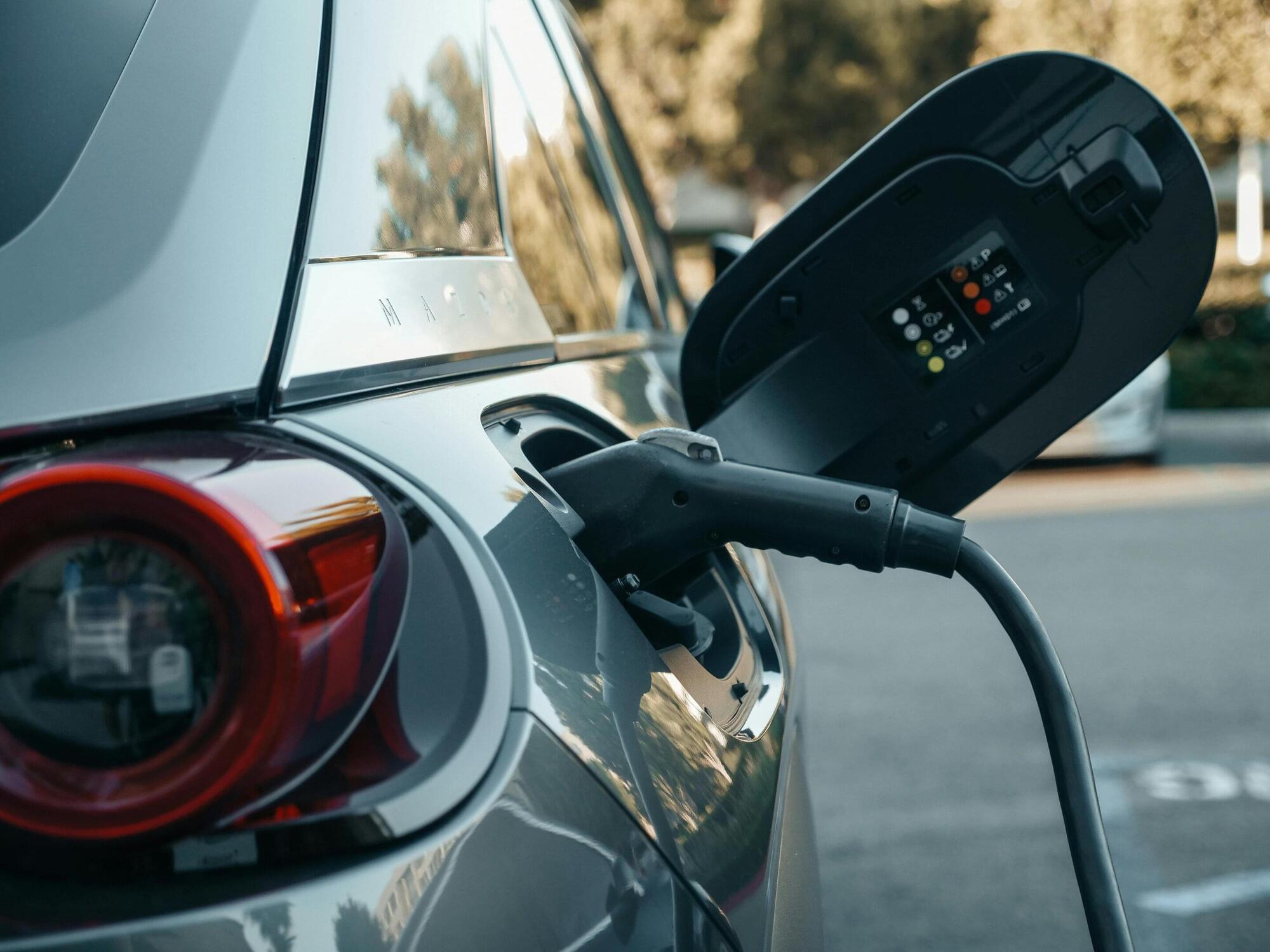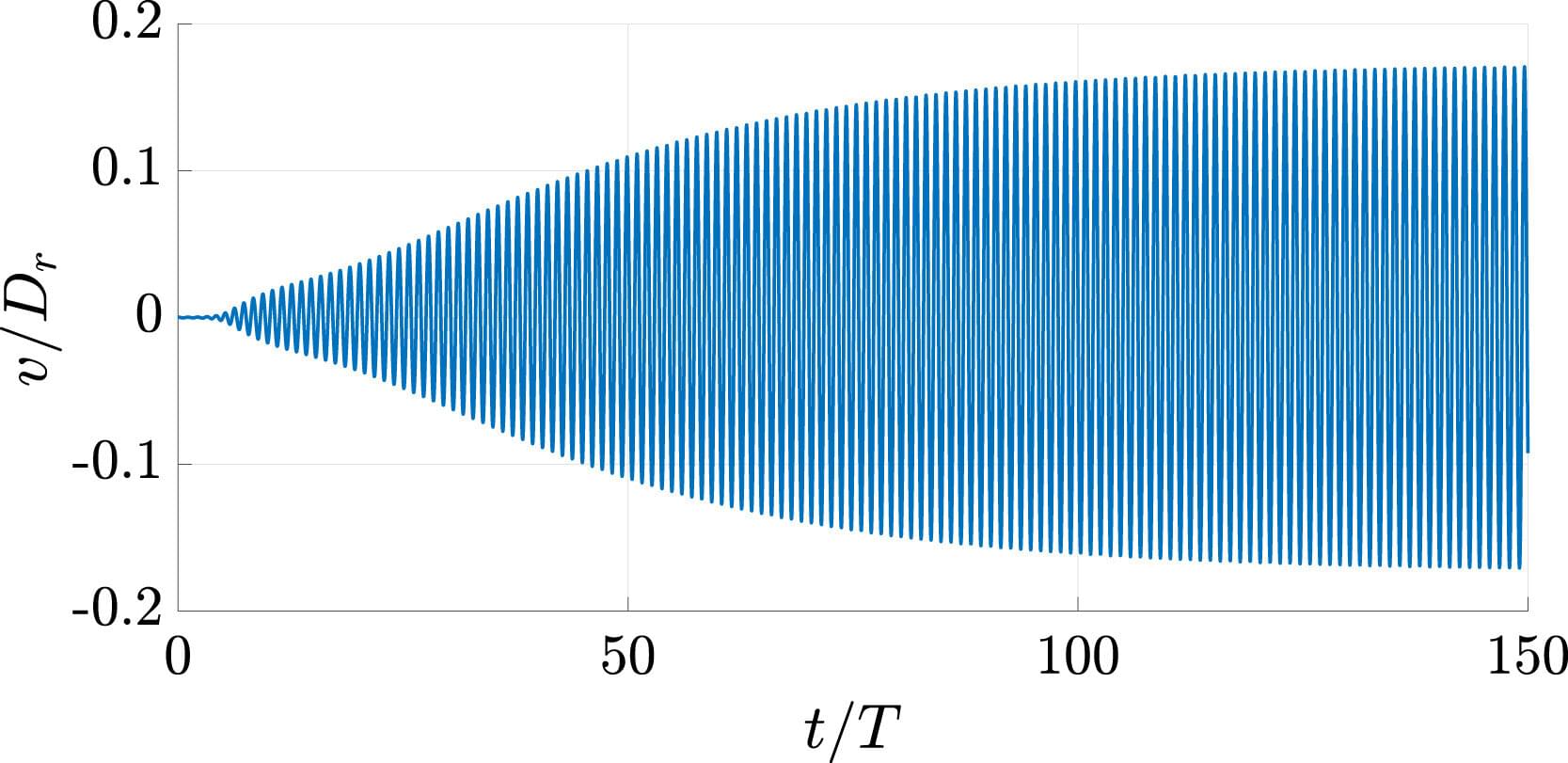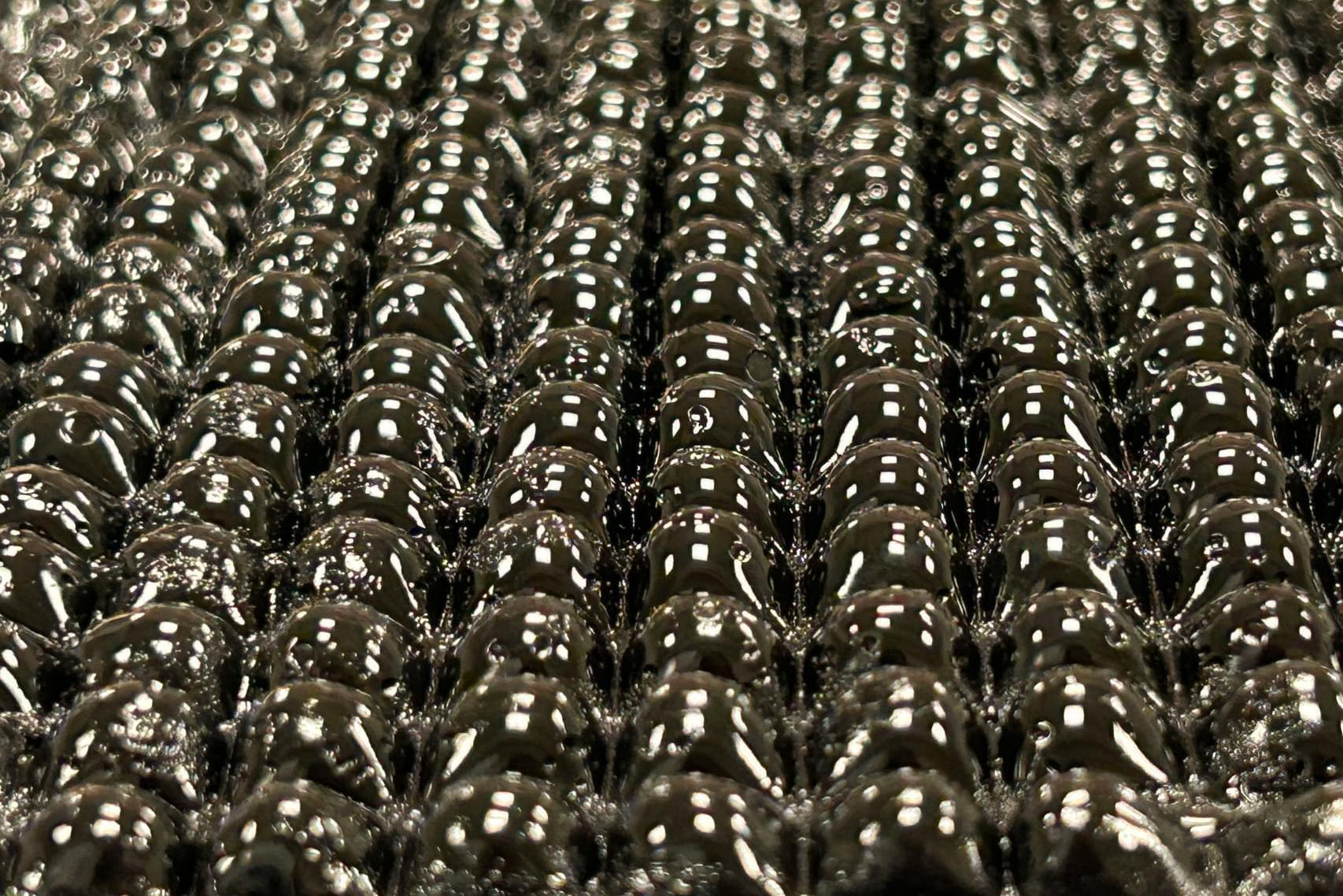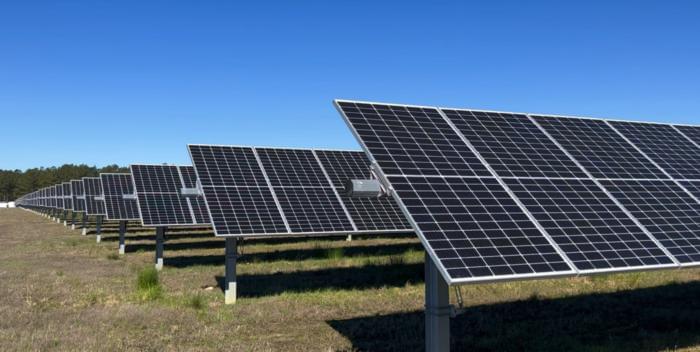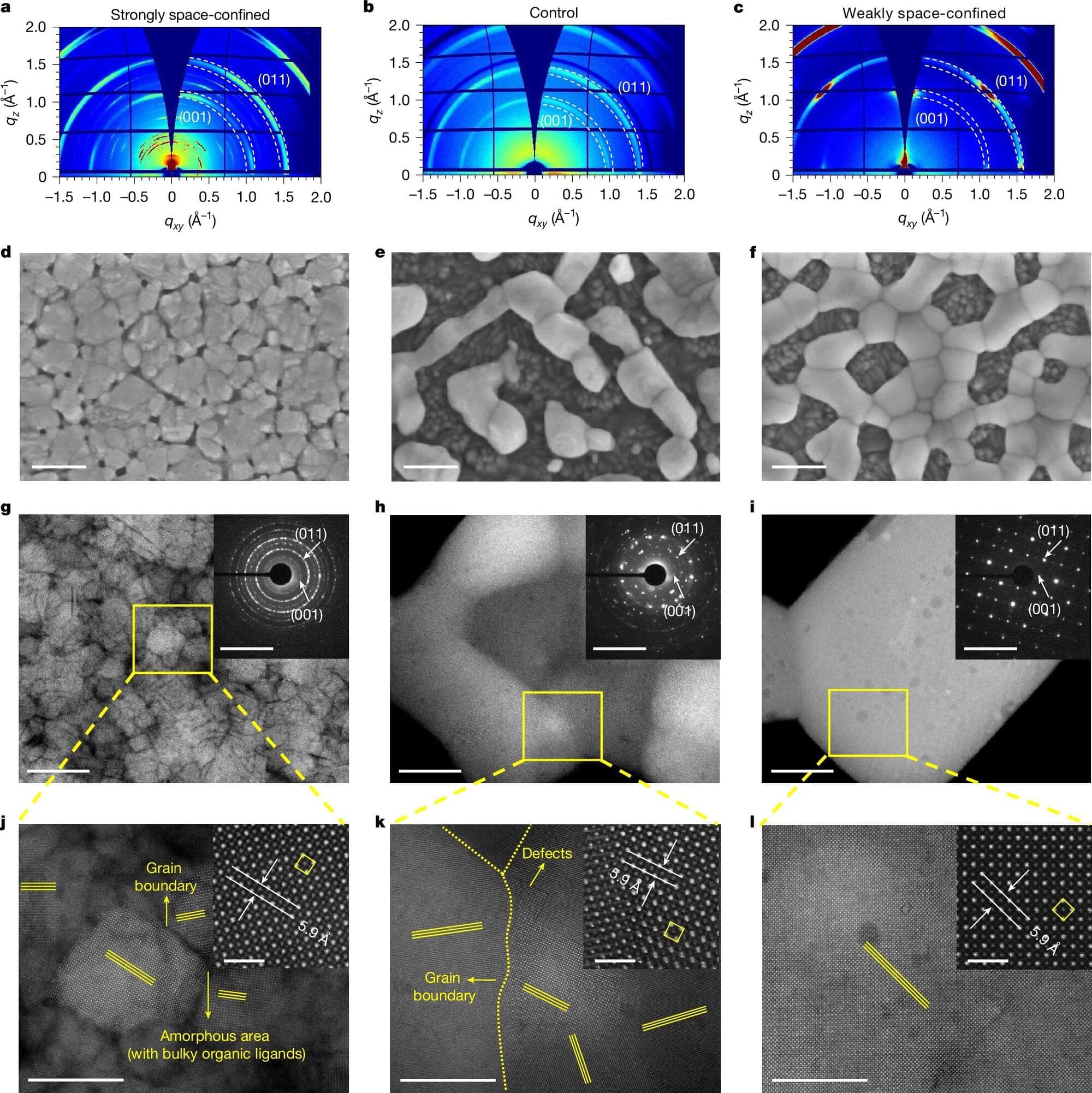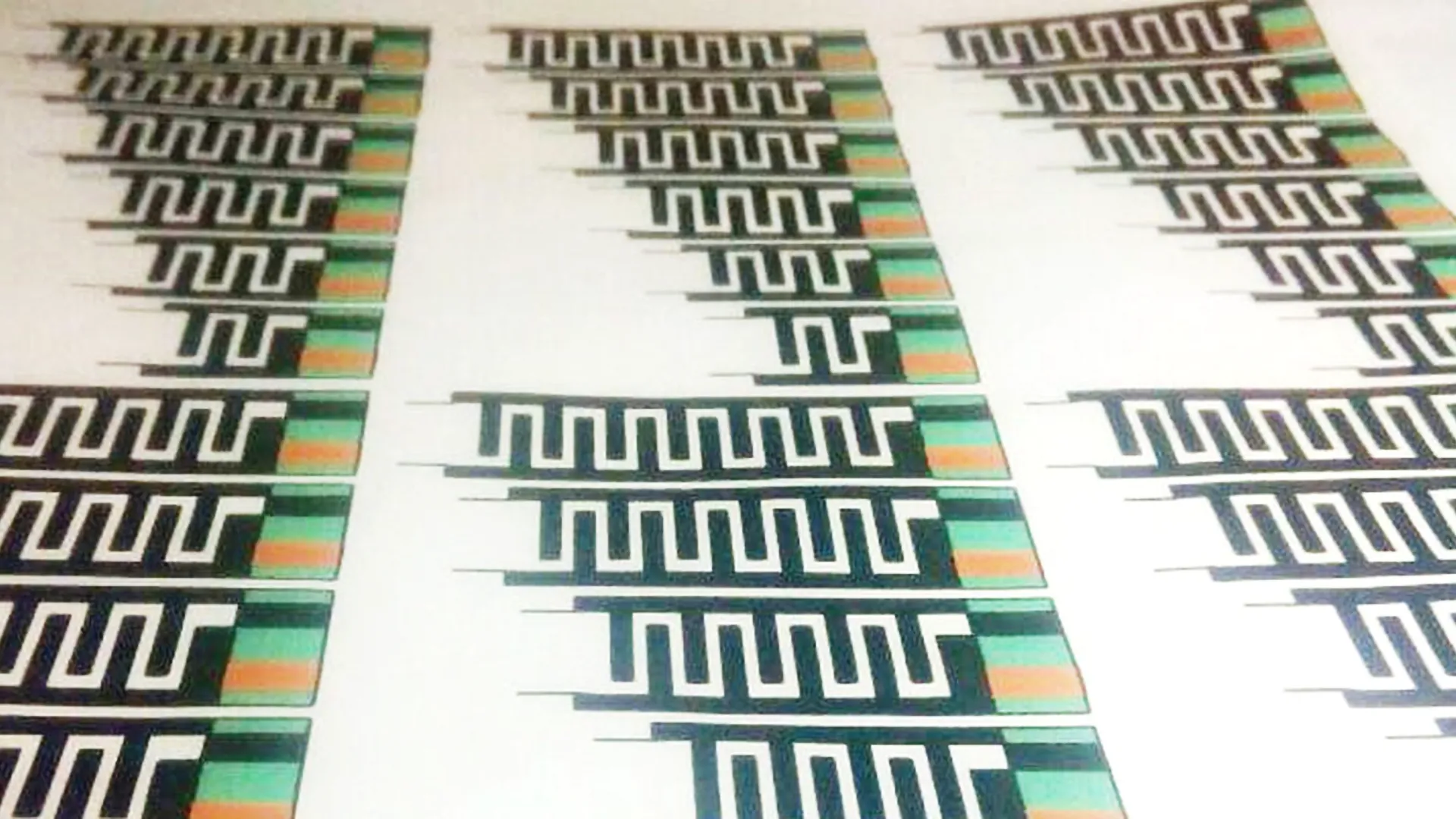In a study published in Cell Reports Sustainability, researchers conducted the most comprehensive analysis to date on lithium supply and demand in China, Europe, and the U.S. Despite the fact that domestic lithium production in some of these regions could grow as much as 10 times by 2030, it would still fall short of the soaring demand for electric vehicles (EVs) without expanding imports or technological innovation.
“Lithium today is as important as gasoline in the industrial revolution,” says author Qifan Xia of East China Normal University in Shanghai. “While lithium reserves are substantial around the world, they are distributed unevenly across different countries. So, we were interested in whether the major EV markets could be self-sufficient.”
Together, China, Europe and the U.S. account for 80% of the world’s EV sales, and their demand is expected to increase further. The team estimated that China might need up to 1.3 million metric tons of lithium carbonate equivalent—a standard measure of lithium content—to produce new EVs. Europe might require 792,000 metric tons, followed by 692,000 metric tons for the U.S.
